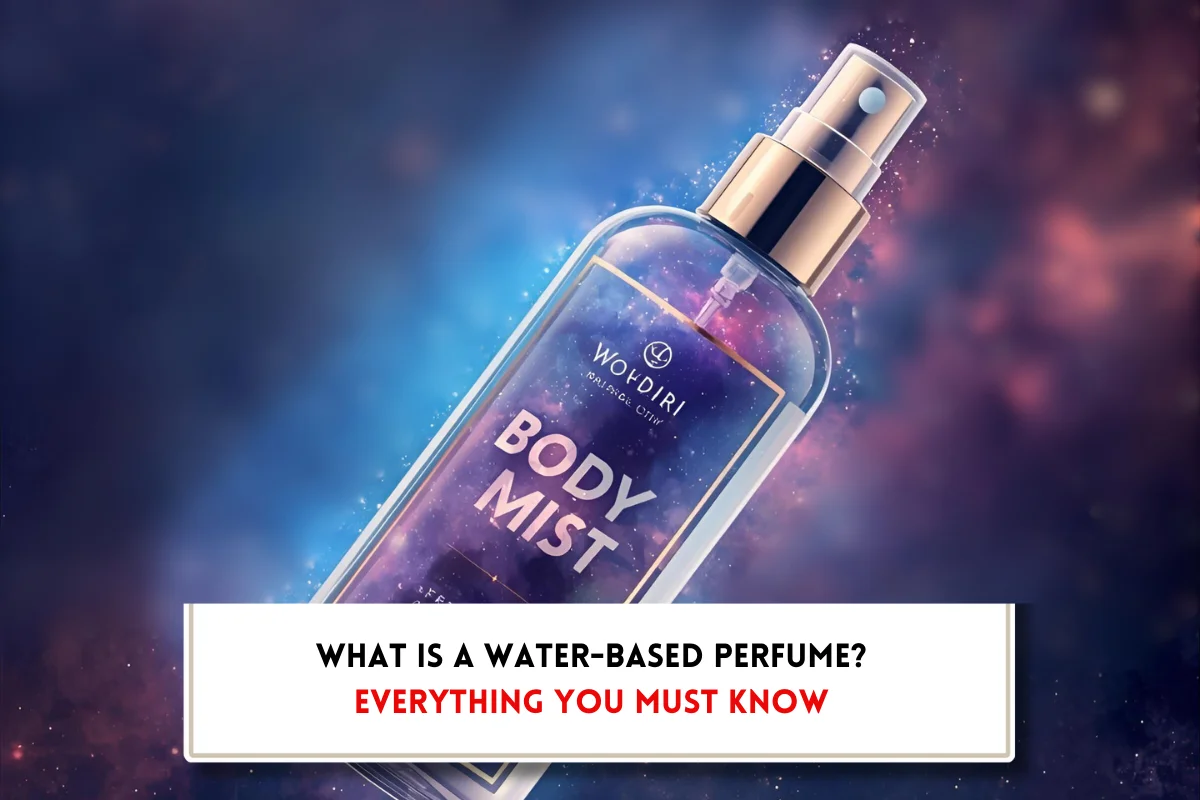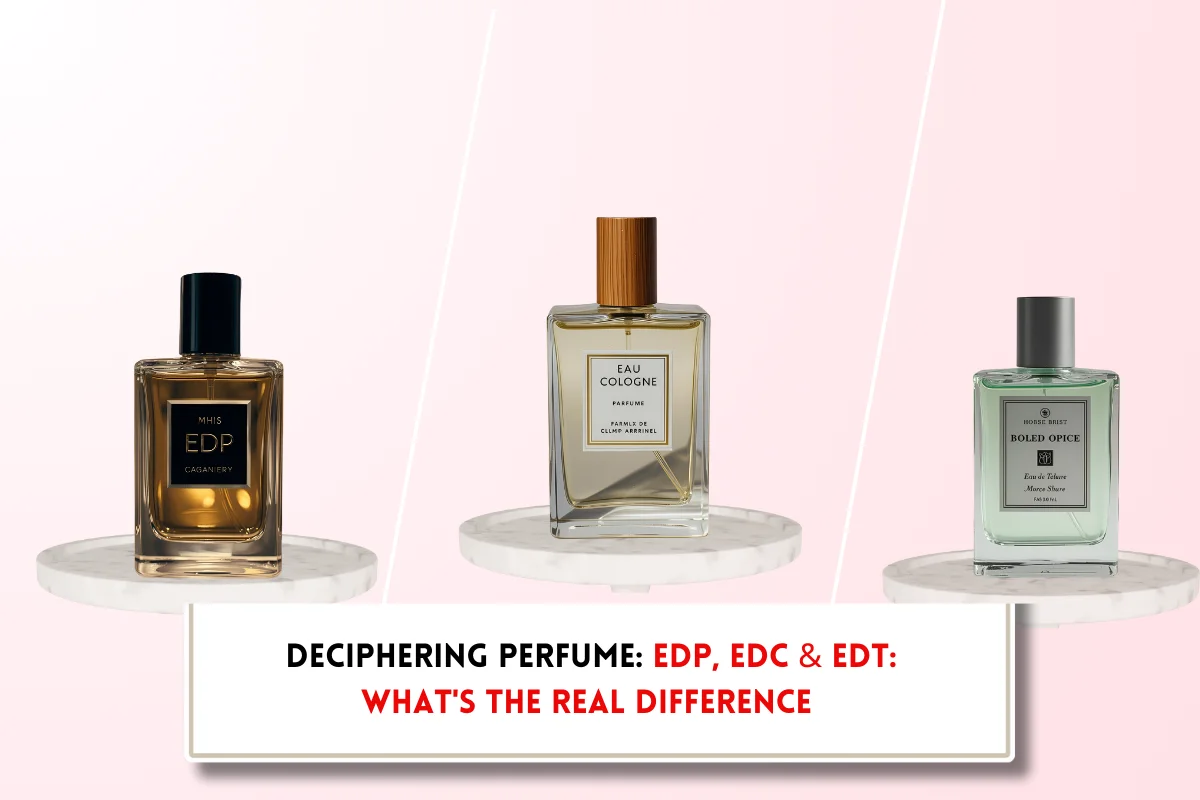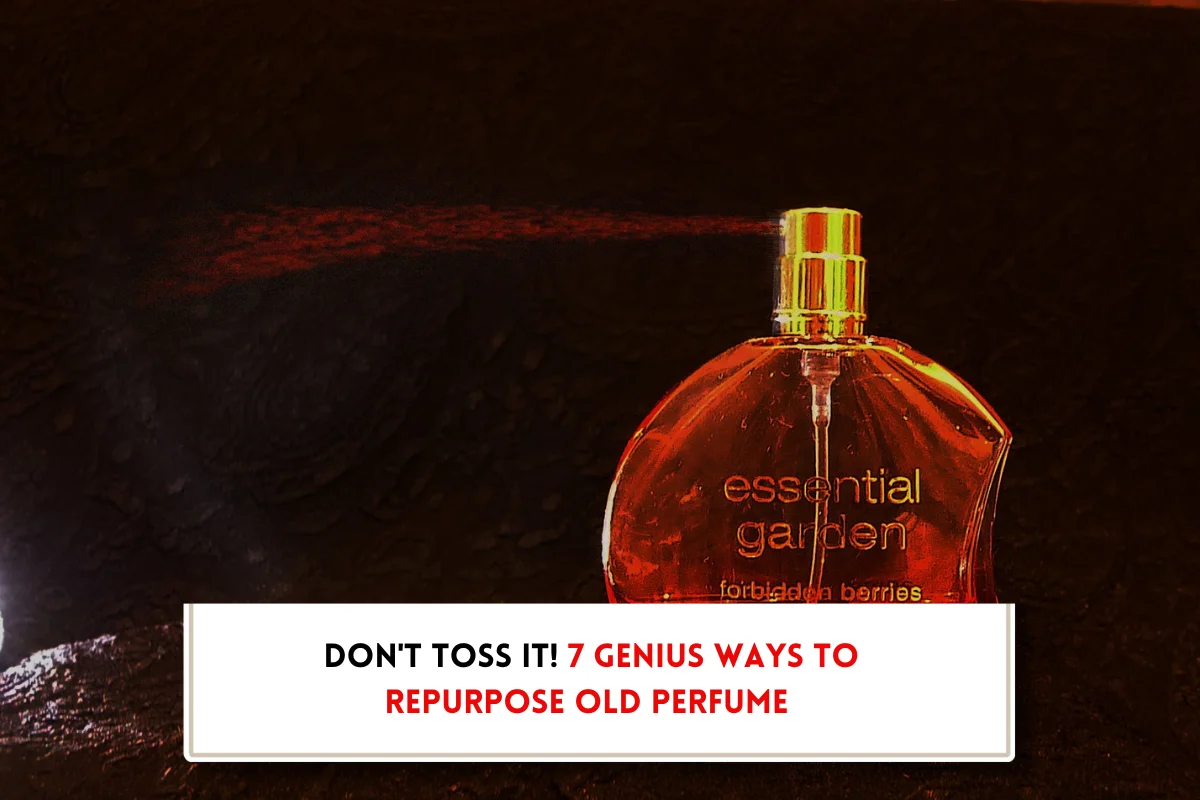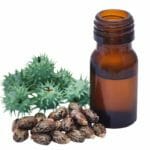Cleanser vs Micellar water: Which is the right cleanse for you?
At BeautyCaters, our expert team independently curates every recommended product. Purchases through our links may earn us a commission. Explore our transparent selection process.
The eternal skincare debate: Cleanser vs Micellar water. While both promise to cleanse your skin, picking the best fit for your routine is tough indeed? So, let’s settle this skincare showdown and come to an informed decision with this comprehensive guide.

What is a cleanser?
A cleanser is your skin’s best friend, a gentle yet powerful tool that removes dirt, oil, makeup, and pollutants without stripping its natural moisture and reset your skin. It’s pores cleansing action transforms skin into a clean canvas that allows your serums and moisturizers to penetrate deeper, maximizing their effectiveness and help refine your skin’s texture, leaving it smoother and more radiant.
How do cleansers work?
Cleansers are formulated with surfactants, a type of chemical compound that acts as a bridge between oil and water. These surfactants bind to dirt, oil, and makeup, effectively lifting them from your skin’s surface. When you rinse your face, the surfactants carry away these impurities, leaving your skin clean and refreshed.
Unlike traditional soaps, cleansers are specifically designed for facial skin. Soaps often contain harsher chemicals, such as sodium lauryl sulfate, that can strip away your skin’s natural oils, leading to dryness, irritation, and a compromised skin barrier. Cleansers, on the other hand, are typically gentler and more suitable for daily use. They often contain hydrating ingredients like glycerin and hyaluronic acid to help maintain your skin’s moisture balance.
Pros of using a cleanser

A good cleanser is the foundation of any effective skincare routine. It gently removes dirt, oil, and makeup, leaving your skin refreshed and ready to absorb other product:
- Hydration hero: Many cleansers are formulated with hydrating ingredients like glycerin and hyaluronic acid. These humectants attract and retain moisture, keeping your skin plump and supple.
- Gentle cleansing: Unlike harsh soaps, cleansers are mild on your skin. They avoid stripping away natural oils, preventing dryness and irritation.
- Makeup melter: Cleansers, especially cream-based ones, are excellent at dissolving stubborn makeup. This thorough cleansing helps prevent clogged pores and breakouts.
- Smoother skin: Regular cleansing can help exfoliate dead skin cells, revealing a smoother, more radiant complexion.
- Better product absorption: A clean canvas allows your serums, moisturizers, and other skincare products to penetrate deeper, maximizing their benefits.
Cons of a cleanser
While cleansers are essential for a clean and healthy complexion, they can sometimes have drawbacks:
- Harsh on skin: Some cleansers, especially those with strong surfactants, can be too harsh, stripping away your skin’s natural oils. This can lead to dryness, irritation, and a weakened skin barrier.
- Drying effect: Over-cleansing can leave your skin feeling tight and dry. This is particularly common for those with sensitive or dry skin types.
- Time-consuming: Cleansers often require rinsing, adding an extra step to your skincare routine.
Also Read: How to use an electric face cleanser?
When should you apply cleanser?
Morning cleanse:
Start your day with a fresh face! A morning cleanse helps remove any overnight buildup of sweat, oil, and dead skin cells. It prepares your skin to better absorb your daytime skincare products.
Nighttime cleanse:
A thorough nighttime cleanse is crucial to remove dirt, oil, makeup, and pollutants that accumulate throughout the day. This nightly ritual allows your skin to breathe, regenerate, and repair itself while you sleep.
A consistent cleansing routine into your daily skincare regimen helps maintain a healthy, balanced, and radiant complexion.
What is micellar water?
Micellar water is a gentle, on-the-go, no-rinse cleanser that has gained popularity for its effectiveness in removing makeup and impurities. It’s a water-based solution containing tiny micelles, which are oil molecules that attract dirt, oil, and makeup. These micelles work to lift impurities from your skin without stripping away its natural oils.
Many micellar waters are formulated with hydrating ingredients to keep your skin moisturized.
How does micellar water work?
Micellar water leverages the power of micelles, tiny clusters of surfactant molecules. These surfactants have a unique structure: one end is hydrophilic (water-loving), while the other is lipophilic (oil-loving). When micelles come into contact with your skin, the oil-loving ends attract and bind to dirt, oil, and makeup, while the water-loving ends dissolve them. This gentle cleansing process effectively removes impurities without stripping away your skin’s natural moisture.
Unlike traditional cleansers, micellar water doesn’t require harsh surfactants or vigorous rubbing. The micelles work their magic, gently lifting away impurities and leaving your skin clean, refreshed, and hydrated.
What are the benefits of micellar water?

Micellar water offers a gentle and effective way to cleanse your skin. Here are some key benefits:
- Gentle cleansing: Its mild formulation makes it suitable for all skin types, including sensitive skin. Unlike traditional cleansers, micellar water avoids harsh surfactants that can strip your skin’s natural oils, leading to dryness and irritation.
- Multi-purpose: It can be used as a cleanser, makeup remover, and toner, simplifying your skincare routine. This versatility makes it a convenient option for on-the-go cleansing or for those who prefer a minimal skincare regimen.
- Hydrating: Many micellar waters are formulated with hydrating ingredients like glycerin and hyaluronic acid. These humectants attract and retain moisture, keeping your skin soft, supple, and plump.
- Convenience: Its no-rinse formula makes it a quick and easy way to cleanse your skin. You can simply saturate a cotton pad with micellar water and gently wipe it across your face.
- Skin-friendly: By removing dirt, oil, and makeup without the need for harsh scrubbing, micellar water helps maintain your skin’s natural balance and protect its delicate barrier.
The drawbacks of micellar water
While micellar water offers many benefits, it’s important to consider its potential drawbacks:
- Limited cleansing power: Micellar water is a gentle cleanser, but it may not be strong enough to remove heavy makeup or stubborn dirt. For those with oily or acne-prone skin, a traditional cleanser might be more effective.
- Environmental impact: The use of disposable cotton pads can contribute to environmental waste. To minimize your ecological footprint, consider using reusable cleansing cloths or pads.
When to use micellar water?: A quick guide
Micellar water is a versatile product that can be used in various situations:
Morning routine: Start your day with a gentle cleanse using micellar water. It helps remove any overnight buildup of oil, sweat, or dead skin cells, preparing your skin for the rest of your skincare routine.
Nighttime routine: Before bed, use micellar water to remove makeup, dirt, and pollutants. It cleanses your skin without stripping away its natural oils, allowing it to regenerate overnight.
On-the-go: Keep a bottle of micellar water in your bag for quick and convenient cleansing. It’s perfect for refreshing your skin after a workout, a long day, or while traveling.
By incorporating micellar water into your daily routine, you can maintain a clean, refreshed, and hydrated complexion.
Cleanser vs Micellar water: What’s the difference

Micellar water and cleansing water are often used interchangeably, but they are distinct products with subtle differences.
Micellar water:
- Micelle technology: Micellar water leverages the power of micelles, tiny oil molecules that attract and remove dirt, oil, and makeup. These micelles work like magnets, binding to impurities and lifting them from your skin’s surface.
- No-rinse convenience: One of the biggest advantages of micellar water is its no-rinse formula. This makes it a convenient option for on-the-go cleansing, especially for busy individuals or travelers.
- Gentle cleansing: Micellar water is formulated with mild surfactants that are gentle on the skin. It can be used on all skin types, including sensitive skin, without causing irritation or dryness.
- Hydrating properties: Many micellar water formulas contain hydrating ingredients like glycerin and hyaluronic acid. These ingredients help to replenish moisture and keep your skin soft and supple.
Cleanser:
- Botanical power: Cleanser typically contains a blend of botanical extracts, such as floral waters or herbal infusions. These natural ingredients provide gentle cleansing and toning benefits.
- Refreshing and toning: Cleanser often has a refreshing and toning effect on the skin. It can help to balance the skin’s pH and minimize the appearance of pores.
- Lightweight formula: Cleanser is typically a lightweight, water-based formula that absorbs quickly into the skin. It leaves the skin feeling refreshed and hydrated without a greasy residue.
Key differences:
- Core ingredient: Micellar water relies on micelles, while cleansing water utilizes botanical extracts.
- Primary function: Micellar water is primarily a cleanser and makeup remover, while cleansing water offers cleansing and toning benefits.
- Skin feel: Micellar water can sometimes leave a slight residue, while cleansing water often has a more refreshing, lightweight feel.
Final Word:
So, which one should you choose? Ultimately, the best choice depends on your specific skin needs and preferences. Both cleansers and micellar water can be effective tools in your skincare routine. Experiment to find what works best for you and enjoy a clean, healthy complexion.










